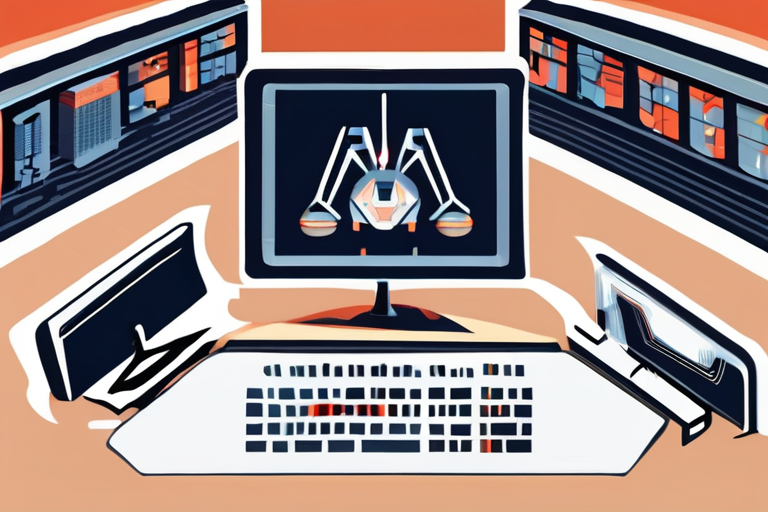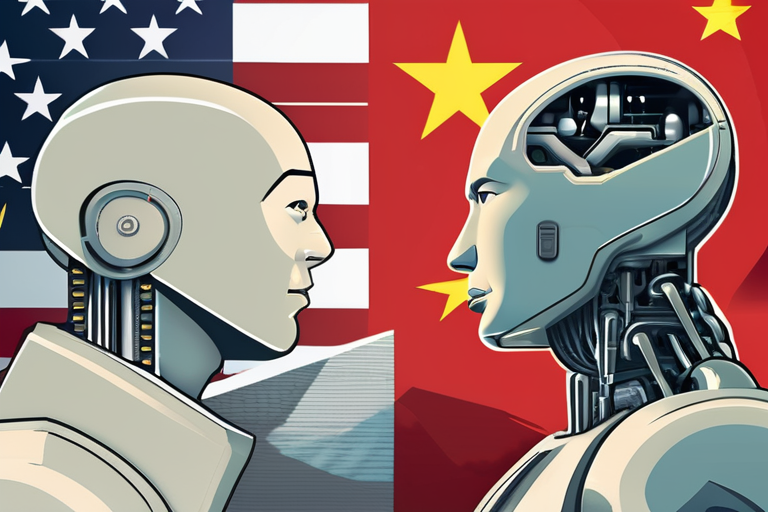Andy Konwinski, co-founder of Databricks and Laude, a research and venture capital firm, has expressed concerns that the United States is losing its dominance in artificial intelligence (AI) research to China, calling the shift an existential threat to democracy. Speaking at the Cerebral Valley AI Summit, Konwinski stated that PhD students at top universities such as Berkeley and Stanford are increasingly reading and engaging with AI ideas from Chinese companies, with some attributing this shift to the fact that these companies are more willing to share their research openly.
Konwinski emphasized the importance of open-source innovation in the AI field, arguing that proprietary approaches hinder the free exchange of ideas and stifle progress. He noted that major AI labs, including OpenAI, Meta, and Anthropic, continue to innovate significantly but keep their research largely proprietary. This approach, according to Konwinski, not only limits the potential for breakthroughs but also leads to the loss of top academic talent to companies offering multimillion-dollar salaries.
The Laude Institute, an accelerator founded by Konwinski, offers grants to researchers and aims to promote open-source innovation in AI. Konwinski believes that for ideas to truly flourish, they need to be freely exchanged and discussed with the larger research community. He argued that the current approach to AI research, where companies prioritize proprietary knowledge over open collaboration, is unsustainable and poses a significant threat to the United States' leadership in the field.
Background context suggests that the US has historically been at the forefront of AI research, with many of the world's top AI researchers and institutions based in the country. However, in recent years, China has made significant strides in the field, with the government investing heavily in AI research and development. The country has also become a major hub for AI innovation, with many Chinese companies, such as Baidu and Alibaba, making significant breakthroughs in areas like natural language processing and computer vision.
Additional perspectives on the issue come from experts in the field, who argue that the US needs to adapt its approach to AI research to remain competitive. Some suggest that the country should invest more in open-source initiatives and encourage collaboration between academia and industry. Others argue that the US should focus on developing AI applications that are more relevant to its own needs and values, rather than simply trying to keep up with Chinese innovation.
The current status of AI research in the US is marked by a sense of urgency and concern. With China's rapid advancements in the field, the US is under pressure to respond with a new approach to AI innovation. Konwinski's call for open-source collaboration and the Laude Institute's efforts to promote this approach may be seen as a step in the right direction, but it remains to be seen whether the US can adapt quickly enough to remain a leader in the field.


























Share & Engage Share
Share this article